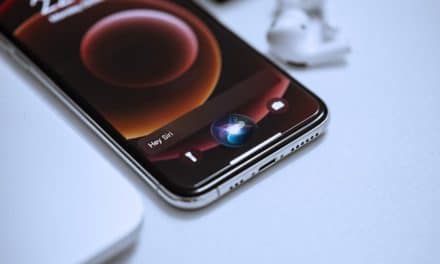[ad_1]
Over the past 10 years the Western world has seen an unprecedented health IT transformation. Hospitals, as well as private clinics, have moved from the traditional paper-based systems to one where the patients have a digital record of their medical conditions and treatments. The enabler has obviously been a dramatic uptake of electronic health records (EHR / EMR).
According to a data gathered in 2016 – over 95% of hospitals and nearly 80% of physicians in USA used EMR systems. The prevailing ecosystem is pushing both these numbers rapidly even more close to the 100% mark. Only 7 years prior (2009), the data stood at – under 10% hospitals and 17% physicians using electronic medical records systems. Even though the primary push to these numbers was triggered by government legislations – the impact on society and medical fraternity are the main benefits.
In India – technology has rapidly changed our lives over the last decade. We have seen one of the most rapid adoptions of mobile and internet, and prices are amongst the lowest in the world. Even people living below poverty line consider mobile phone as a ‘must have' – believing it to be an equalizer. On the other hand, however – the patient consultation process for a doctor remains largely traditional (historic) – paper based. While all of us expect, and demand, banking, payments, tax filings, diverse information access, train, taxi, air and even cinema bookings over the internet, our expectations in the management of health – our most important asset – have been surprisingly muted.
India has nearly 100,000 organized healthcare setups – including government and corporate hospitals, health centers, and nursing homes of various sizes. India also has nearly a million private clinics. While many large hospitals, and government run health centers in some states, have installed systems to capture patient & prescription details, no one is even thinking of the unorganized healthcare sector – being catered to by the million or so clinics. The only thing available in the name of being ‘digital' – for most metros and cities – is various doctor search sites and apps.
The core of digital healthcare, an electronic medical records system, that both doctors and patients have access to – a Public EMR – is simply not available. Is this something we can avoid for too long? Certainly not. Yes, there will always be people who consider letter writing as an act of ink hitting people – but rest of the world has moved to email and instant messaging. How rapidly will healthcare go digital?






